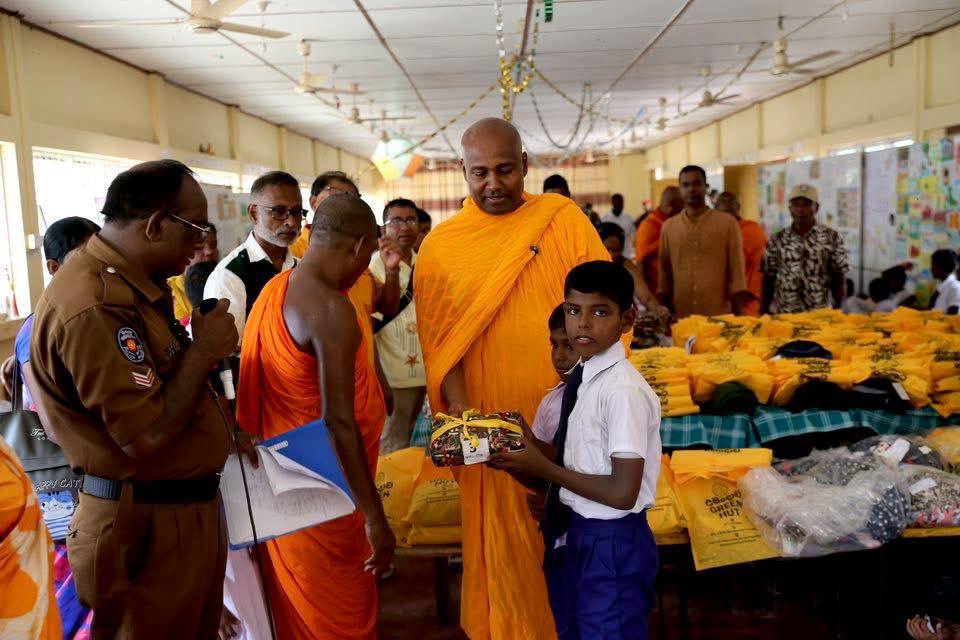It isn’t surprising that the only British politician who will be meeting Sri Lanka's President Mahinda Rajapakse during his controversial visit to the UK this week is Defence Secretary Liam Fox.
Amid a storm of outrage and calls this week by Amnesty International for Britain to pursue war crimes prosecutions against Sri Lankan leaders, the Defence Secretary is going to meet President Rajapakse “in a private capacity”.
"This reflects Dr Fox's longstanding interest in Sri Lanka and his interest in, and commitment to peace and reconciliation there," a spokesman for Fox told The Guardian newspaper.
A closer look at Dr. Fox's long-standing engagement with Sri Lanka suggests otherwise.
